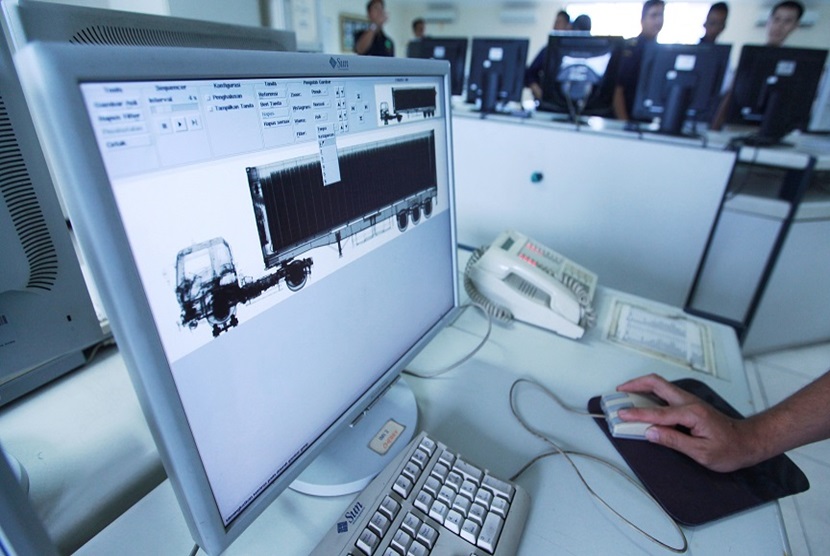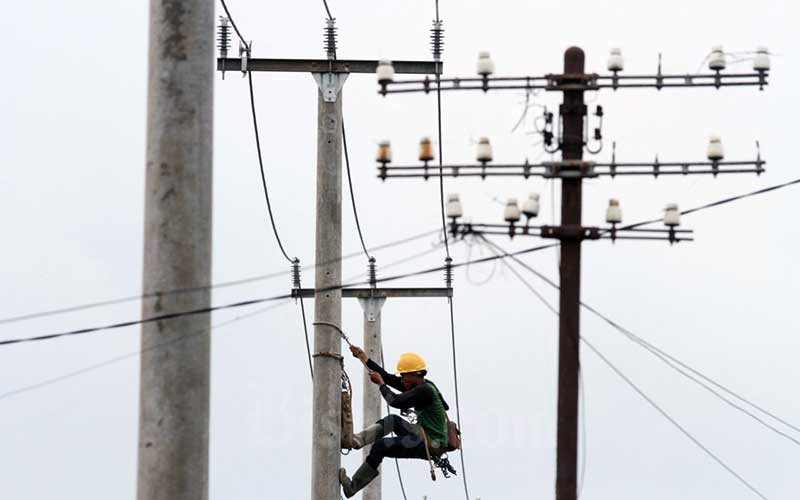[ad_1]
More than 41,000 people in Ireland will be diagnosed with some form of cancer this year, according to the National Cancer Registry Ireland (NCRI).
For cancer specialists across the country, this statistic comes as no surprise.
“The number of people being diagnosed with cancer in Ireland is growing steadily,” medical oncologist at Cork University Hospital Dr Richard Bambury says.
“This is mainly due to a growing and ageing population since age is the main risk factor for developing cancer in general.”
While age is a widely acknowledged risk, drilling down into the NCRI’s data highlights that the nature of cancer changes greatly as we age.
In younger patients, the disease is far more likely to be driven by genetic vulnerabilities.
Also, the cancer is often more aggressive, utilising the patient’s faster metabolism and rapidly dividing cells to grow and spread.
In contrast, when cancer occurs in older patients, it is more likely to be driven by lifestyle factors combined with a waning immune system less capable of identifying and destroying cancerous cells.
For example, lung cancer — a disease which typically develops after decades of accrued damage through smoking or air pollution — is the leading cause of cancer-related deaths for men and women, with the average patient diagnosed at age 72.
Our awareness of how cancer patterns change throughout life is informing screening programmes.
Bambury points out that many cases are now being identified at a much earlier stage, making them far more treatable with surgery or drug therapies.
Here are the cancers which are most prevalent at different stages of life:
20s and 30s
Few young people imagine they will get cancer but when this happens, it is often driven by inherited genetic mutations.
For example, younger women with defective BRCA1 or BRCA2 genes are more likely to develop triple-negative breast cancer, while studies have found that KRAS gene mutations are present in 10% of early-onset testicular tumours.
Based on the NCRI’s statistics from 2018-2020, 162 men are diagnosed each year with testicular cancer, many in their late 30s.
Irish Cancer Society cancer prevention manager Kevin O’Hagan advises looking out for hard, irregularly shaped lumps.
“It’s often a painless lump or swelling that can be the size of a little pea, but then gets bigger or starts to cause pain or discomfort or heaviness,” he says.
Testicular and triple-negative breast cancer are relatively treatable as long as the cancer is picked up early.
Five-year survival rates for triple-negative breast cancer are 91%, while most men with testicular tumours can be successfully treated.
“Sixty per cent of testicular cancers are detected at stage one, and 95% are treated with surgery, which is really positive,” says O’Hagan.
40s and 50s
People in midlife begin to experience hormonal shifts, which increase their cancer risk in various ways.
Some 253 Irish women, typically in their mid-40s, are diagnosed every year with cervical cancer.
The disease typically presents through symptoms such as unusual vaginal bleeding or discharge, lower back pain, and pain during sex.
While virtually all cervical cancers are caused by cellular damage caused by various strains of sexually transmitted human papillomavirus (HPV), research is showing that hormonal changes can drive women’s vulnerability to HPV.
Some studies have also suggested that experiencing multiple pregnancies or taking contraception over a long period, may increase women’s susceptibility to long-term HPV infections.
These findings reinforce the importance of the HPV vaccine, now given to teenage girls as part of school immunisation programmes.
The vaccine is also available to teenage boys, to reduce rates of mouth and head and neck cancers, many of which are also caused by HPV.
According to the Marie Keating Foundation, around 700 cases of such cancers are diagnosed in Ireland every year, with incidences rising in men in their 40s and 50s.

Lifestyle also begins to have a growing impact on cancer risk over the age of 40.
The NCRI found that the incidence of bowel cancer in under 50s has nearly doubled in the last 25 years.
As a result, the Marie Keating Foundation is now calling for the Irish Government to begin offering routine bowel screening to 50-year-olds, which is currently only available to those over 60.
“Bowel cancer case numbers are on the rise and the causes for this are unclear,” says Bambury. “It may be due to the Western diet and sedentary lifestyles.”
He outlines lifestyle steps people can take to reduce their risk of developing bowel cancer, which include consuming “less red meat and processed foods and more fruits and vegetables, avoidance of smoking, keeping alcohol intake within recommended moderate levels, and avoiding becoming overweight”.
After 50, women become particularly vulnerable to various cancers due to the hormonal changes that occur following menopause.
Women who enter menopause late, after the age of 55, are known to be at greater risk of developing tumours in their breasts and uterus because they have been exposed to prolonged levels of oestrogen, which triggers increased cell production, a major risk factor for cancer. Likewise, overweight men and women can also experience more aggressive cancer in middle age because the body derives oestrogen from body fat.
60s and 70s
The majority of men and women diagnosed with common cancers in Ireland, such as prostate, breast, lung and bowel cancer, are usually between 65 and 72, which specialists say is related to cancer being heavily linked to ageing.
“Surveillance genes, and all the mechanisms we have for the body to heal or suppress or prevent cancer, get less effective as people get older,” Saolta-NUI Galway Cancer Network director Prof Michael Kerin says.
However, taking appropriate measures earlier in life can make a difference.
The main risk factor for melanoma, which has an average diagnosis age of 66, is damage from ultraviolet light.
Avoiding sunbeds, not spending excessive amounts of time in the sun, and wearing SPF 50 suncream can greatly reduce your risk, particularly if you have a fair complexion.
Even with diseases such as prostate cancer, Bambury says cases are typically being diagnosed at a less advanced stage because more men are getting PSA tests.
The rapidly advancing pace of treatments also means there are more options than before to stop prostate cancer from spreading to other parts of the body.
“In the past five to 10 years, data on using chemotherapy and advanced hormonal therapies at an earlier stage has shown that this can improve cure rates and long-term survival,” he says.
O’Hagan says there are many things we can do to mitigate our chances of getting cancer at any stage of our life.
He points out that data is increasingly showing just how preventable many cancers are.
“Only 10% of cancers are linked to genetics or family history,” he says.
“While four or five out of ten cancers are linked to lifestyle choices whether that’s diet, lack of activity or alcohol. And then there’s also a lot we still don’t know about the causes of some cancers and the contributing risk factors, so there’s a need for more research too.”
Five steps to decrease your cancer risk
1. Eat an anti-inflammatory diet: Consuming a Mediterranean-style diet high in fruits and vegetables and low in processed meat, saturated fat, refined carbohydrates, and sugar will keep your gut healthy and reduce chronic inflammation in your body.
2. Don’t smoke: Lung cancer is still the most common cause of cancer mortality in Ireland and the biggest risk factor for the disease is smoking, with the accumulation of toxins in the lungs over the years increasing the likelihood of developing tumours.
3. Moderate alcohol consumption: When you consume alcohol, your liver breaks it down into a chemical called acetaldehyde. This is a carcinogenic toxin which can damage your DNA and prevent your body from repairing that damage. As a result, regularly drinking more than 14 units of alcohol per week is associated with stomach, pancreatic, and prostate cancers.
4. Exercise: Being overweight is one of the biggest risk factors for developing cancer in midlife because it leads to excessive amounts of the hormone oestrogen in the bloodstream, which prompts cells to divide more rapidly, a risk factor for cancer.
5. Wear sunscreen: Too much ultraviolet light can damage the DNA of skin cells, leading to premature ageing and a greater risk of cancer. The easiest way to protect against this is to wear suncream with a high SPF, ideally 50.
[ad_2]
Source link




